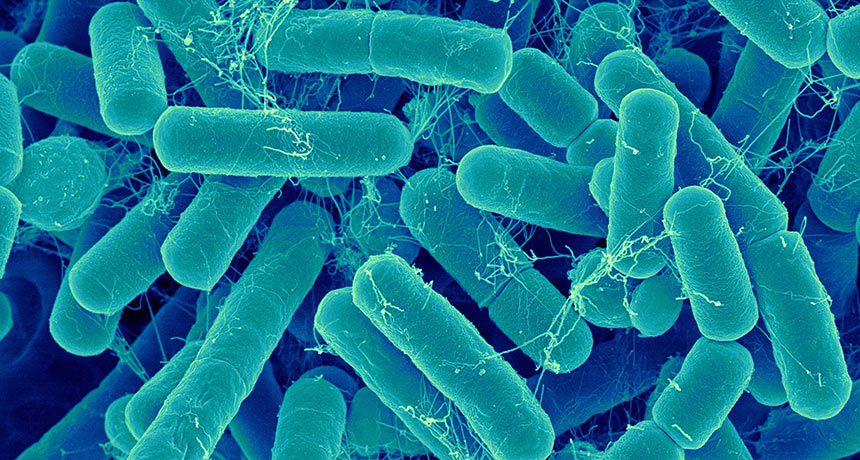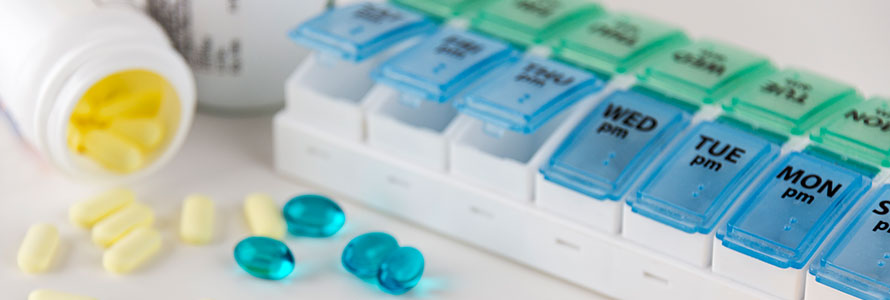"So when do I need antibiotics?" - A Consana Student Pharmacist Update
October 2019 - Elizabeth Tran, PharmD Candidate 2021

We asked our University of North Texas College of Pharmacy, PharmD students to answer a common patient question, "So when do I need antibiotics?". Here's what they said.
What are antibiotics?
Antibiotics are medicine used to treat or prevent bacterial infections. This means they only damage and kill bacteria, not other “bugs” like viruses or fungus that can cause disease or infections.
Do I need antibiotics if I have a cold?
No, antibiotics do not work for the common cold or flu because they are caused by viruses. The best way to treat a cold is to rest and drink plenty of fluids. You can also use over the counter acetaminophen (Tylenol) or ibuprofen (Advil) to help relieve pain and fever. Colds are usually self-limiting and will resolve on their own in about a week. If you have a cold that lasts longer than 7-10 days, it is possible that the cold has progressed to a bacterial infection. Your doctor may write a prescription for antibiotics if needed.
Do I need antibiotics for my sore throat?
It depends. Most sore throats are caused by viruses, but some are caused by bacteria (like strep throat). It’s important to get tested before taking antibiotics since they would be ineffective in treating sore throat caused by virus and may cause problems like diarrhea, yeast infections, or bacterial resistance. Ways to help treat sore throat include ice chips, sore throat spray, lozenges, or popsicles.
What happens when you don’t finish the full course of antibiotics?
If given a prescription for antibiotics, it is important to finish the full course even if you are feeling better. Bacteria that are not initially killed by the antibiotics begin to multiply because they are drug resistant. This can result in “superbugs”, which are harder to treat and can cause life-threatening infections.
How are germs spread and how can I prevent the spread of germs?
Specifically, illnesses such as influenza, respiratory syncytial virus (RSV), whooping cough, and severe acute respiratory syndrome are spread by coughing or sneezing, touching your face after touching contaminated objects, or touching objects with contaminated hands.
To prevent the spread of germs you can:
- Cover your nose and mouth when you cough or sneeze with a tissue. If you don’t have a tissue, use your upper sleeve.
- Wash your hands properly by first rinsing your hands under warm water, then rubbing your hands, in between your fingers, the back of your hands, and under your nails with soap for at least 20 seconds, which is about as long as it takes to sing the “Happy Birthday” song twice. Rinse and dry hands. Remember to wash your hands often which includes:
- Before, during, and after food preparation
- Before and after caring for someone sick or treating a cut or wound
- After using the restroom, changing diapers, or helping a child use the restroom
- After sneezing and coughing
- After handling animals and trash
1. Sore Throat? Find Out if It's a Cold, Strep Throat, or Tonsillitis. (n.d.). Retrieved October 16, 2019, from https://www.webmd.com/cold-and-flu/sore-throat-cold-strep-throat-tonsillitis#1.
2. How Antibiotic Resistance Happens | Antibiotic/Antimicrobial Resistance | CDC. (n.d.). Retrieved October 16, 2019, from https://www.cdc.gov/drugresistance/about/how-resistance-happens.html.
3. Do I need an Antibiotic? Bacterial vs Viral infections. Feb 21, 2017. Retrieved October 24, 2019, from https://www.healthymepa.com/2017/02/21/do-you-need-antibiotics/.
4. Water, Sanitation & Environmentally-related Hygiene: Coughing & Sneezing. (n.d.). Retrieved October 24, 2019, from https://www.cdc.gov/healthywater/hygiene/etiquette/coughing_sneezing.html.





